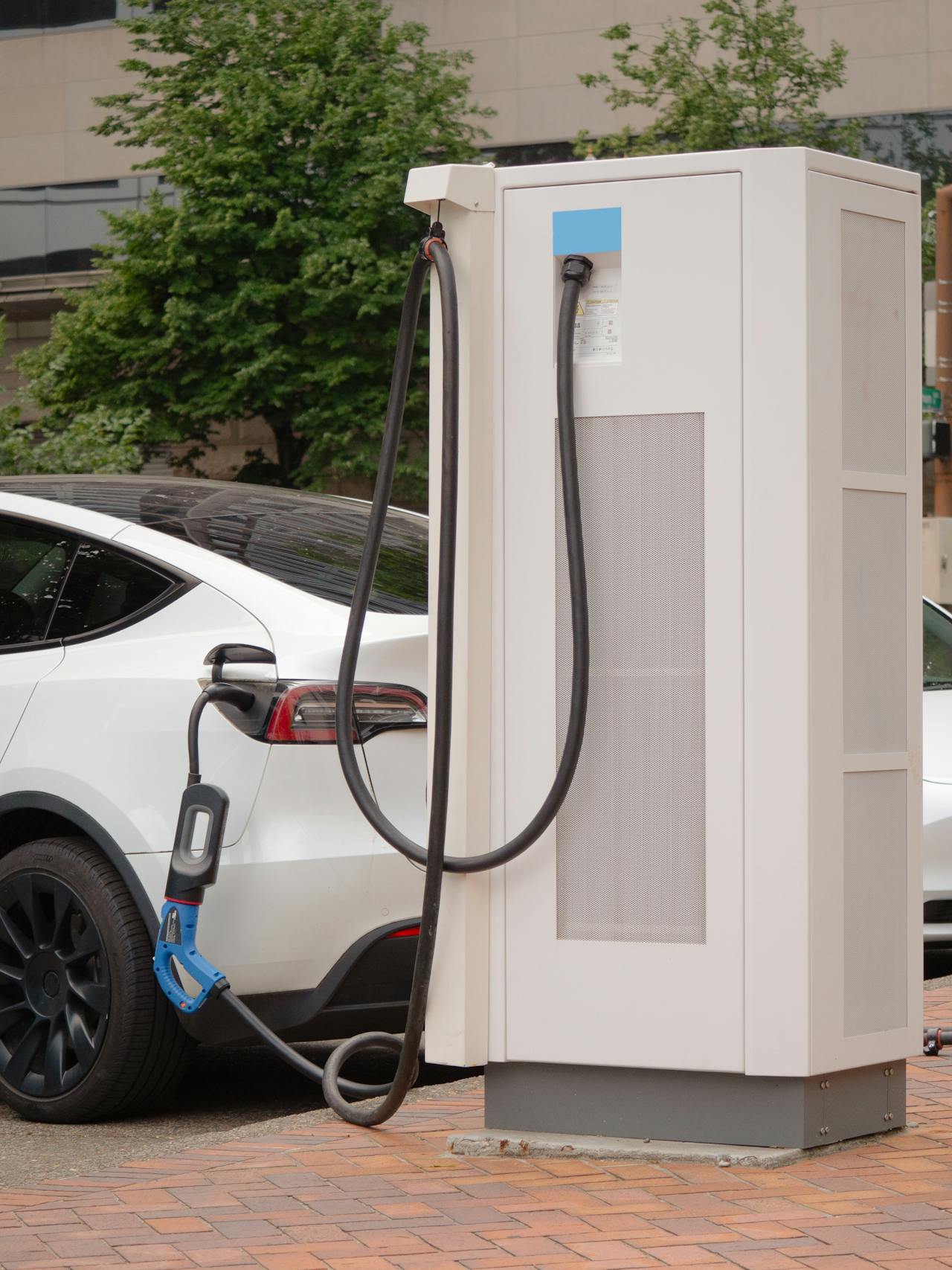In a move that could complicate efforts to achieve President Joe Biden’s ambitious target of having half of all new passenger vehicles in the US run on electricity by 2030, the Biden administration unveiled new rules on Friday proposing changes to the federal tax credit for electric vehicles (EVs). The proposed Biden Administration’s new rules, outlined by the Treasury and Energy departments, aim to restrict EV buyers from claiming the full $7,500 tax credit if they purchase cars containing battery materials from countries deemed hostile to the United States, including China.
The Treasury and Energy departments’ plans, mandated by Biden’s climate law enacted last year, come as part of the administration’s broader strategy to reduce greenhouse gas emissions by 50% by 2030. The proposed rules are expected to undergo a 30-day public comment period before becoming final in January.
As of now, it remains uncertain which vehicles would qualify for the full $7,500 tax credit under the Biden Administration’s new rules, as the government has not yet published any lists. The Inflation Reduction Act, passed by Congress, prohibits electric cars from receiving the full tax break if critical minerals or battery components are produced by a “foreign entity of concern,” defined as companies owned or controlled by North Korea, China, Russia, or Iran, with China being the primary focus.
Administration officials emphasized that the automotive industry has been aware of the impending rules, asserting that steps have been taken to develop auto-supply chains within the United States, reducing dependence on foreign sources, particularly China, for essential minerals used in EV batteries.
Deputy Treasury Secretary Wally Adeyemo expressed confidence that automakers are adapting to the changes, stating, “Automakers have already adjusted the supply chain to ensure buyers who are eligible for these credits are continuing to do so.”
The Biden administration hopes that these new tax-credit rules will spur the development of domestic auto-supply chains. Deputy Energy Secretary David Turk emphasized the need for clarity in the industry, stating, “Clarity is exactly what we’re after with manufacturers, in particular as they make major investments in EVs that are vital for the future growth of this important industry.”
Analysts, including Sam Abuelsamid from Guidehouse Insights, anticipate a significant impact on EV sales, with many currently eligible for the full $7,500 tax credit for Evs potentially seeing it cut in half next year. The proposed regulations mandate that, beginning in 2024, eligible clean vehicles must not contain any battery components manufactured by a foreign entity of concern. In 2025, clean vehicles must not contain any critical minerals extracted, processed, or recycled by a foreign entity of concern to qualify for a tax credit.
Despite potential challenges for automakers to meet these stringent requirements in the coming years, the proposed rules provide a transition period for EVs placed in service after January 1, allowing tax credit or Evs to continue during the rulemaking process.
Biden Administration’s new rules have not been without controversy, with Democratic Senator Joe Manchin urging the Treasury to adopt the “strictest possible standards” to prevent Chinese-produced minerals or Chinese battery companies from benefiting from tax credit for EVs. Manchin, a key author of the provision, highlighted China’s dominant role in the production of critical EV components.
Amidst the complexity of the Biden Administration’s new rules, the controversy over Ford Motor Co.’s plans to build an EV battery factory in Michigan, with involvement from China’s Contemporary Amperex Technology Co. Limited (CATL), adds further uncertainty. The Treasury has yet to clarify whether batteries from the Ford plant would qualify for tax credits.
Source: AP News



